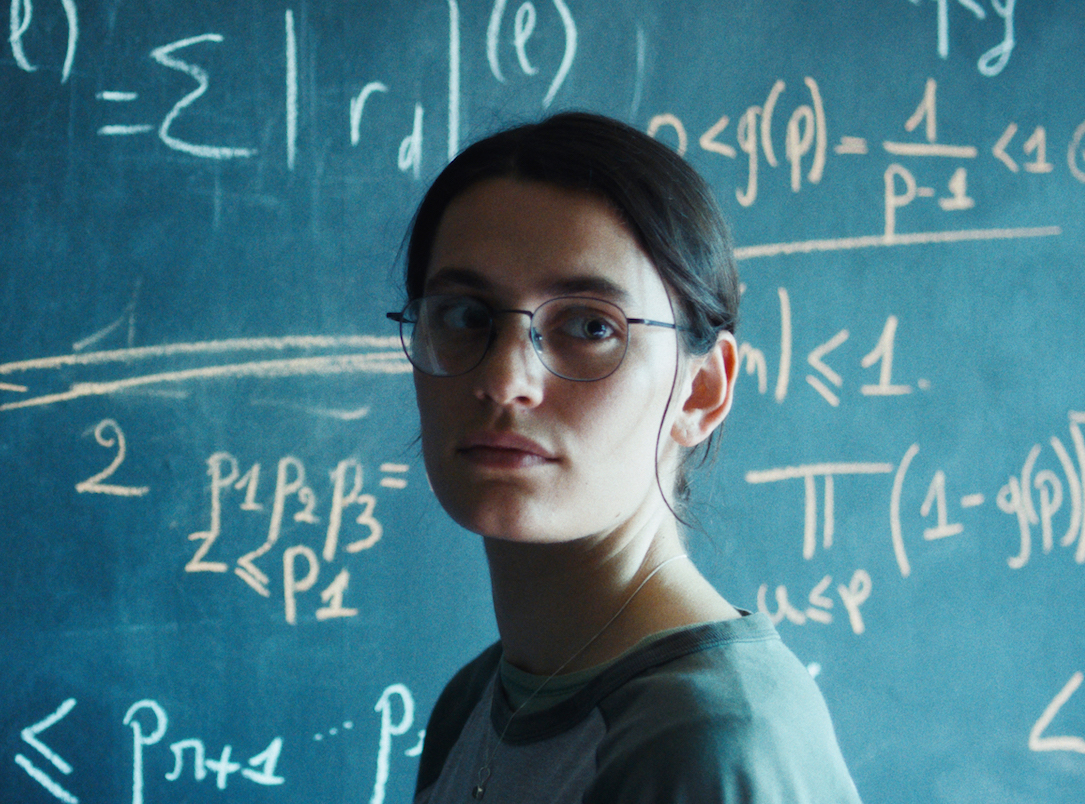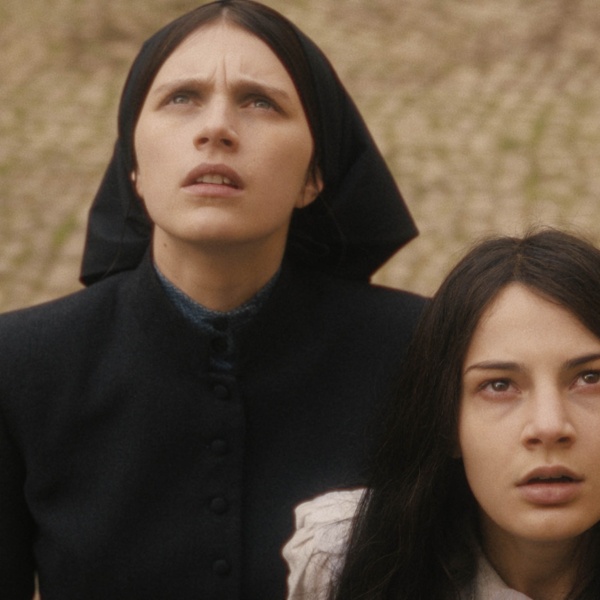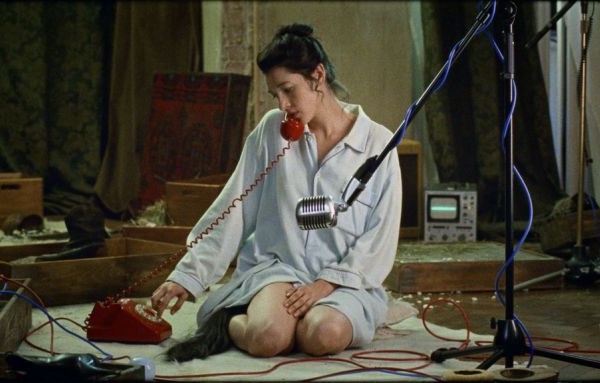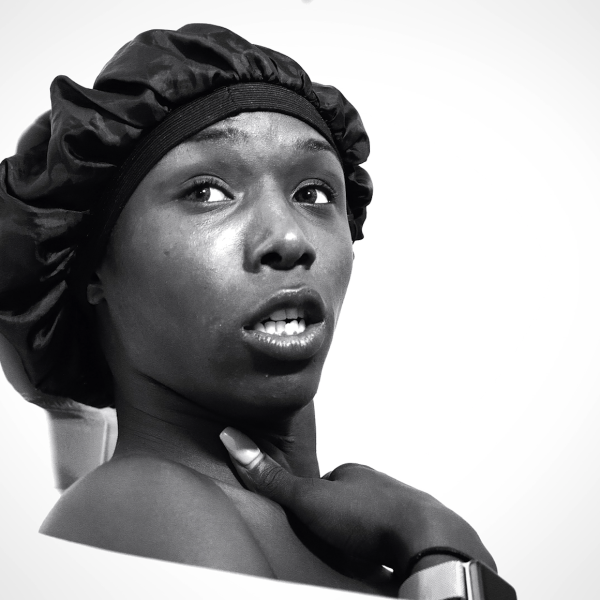The burnout associated with gifted kid syndrome — the crushing realization that, after constant praise and validation as a child, you’re not as special as everybody told you that you were — has become a self-diagnosed internet ailment of the most annoying people you know, determined to blame their obnoxious high standards on their parents and teachers. It’s a well-worn screen trope, whether through countless “yep, that’s me, you probably are wondering how I ended up here”–style biopics of real-life geniuses to the Rachel Berry brand of insufferable know-it-alls.
Perhaps that explains how initially unlikeable Marguerite is, then: a dazzlingly smart student of mathematics at the prestige École Normale Supérieure, whose three year quest to make a field-shattering breakthrough ends in humiliation, disbelief, and the childish instinct to retreat into a hole. French-Swedish director Anna Novion (who, prior to filmmaking, was a researcher of Ingmar Bergman, perhaps influencing this film’s intently scholarly focus) crafts a film that plots its coordinates in a familiar territory — that of the genius doggedly determined to Prove Their Worth — yet ultimately struggles to do what the best movies of this type do, which is manage to make the audience care about whatever their character cares about. That is unless you come to this project fully versed in the infamous unsolvability of Goldbach’s conjecture in the realm of number theory.
We open on the title character being interviewed by a member of the press, who is both unimpressed with the lifeless, greasy-haired genius before her and lightly amused by her kooky choice to turn up to the rendez-vous in her slippers. Marguerite, transplanted from a life in the suburbs with her protective mother to one of Paris’ grande écoles thanks to a scholarship, has dedicated her entire life to the study of mathematics. But when pressed to reveal any other hobbies, she can only come up with “walking” and “playing yahtzee”; she’s a true nose-in-book and wire-rimmed glasses geek, barely socializing with anyone apart from her cold supervisor and mocked by her fellow students for her textbook nerd behavior.
Her carefully plotted life falls off its axis, however, when a room full of male contemporaries publicly disprove her thesis’s theorem, leading her to have an insolent crisis and drop out of college and move into the apartment of a cool, if freeloading, dancer called Noa. Now, she finally has the opportunity to live the teenage years she never had — blundering sexual encounters, dire digs, and an insipid retail job in a shoe store to boot. After a savant-like ability to master the Chinese tile game mahjong gives her a new purpose and monetary support, she eventually decides to tentatively rejoin the mathematics game with the dreamy guy who usurped her supervision spot at the college, falling in love with him (shock) along the way. Cue the equations scrawled on the walls and nights ended snoozing on half-written A4s with her tuba-playing beau.
Far from the teeth-bared role she had her breakthrough with in Julia Ducournau’s “Raw”, Ella Rumpf’s Marguerite is a subdued presence with all the jagged desirability of an isosceles triangle. The distaste for “Marguerite’s Theorem,” though, arrives when this autistic-coded character’s awkward blunders are played for laughs, from her unusual seduction methods to her sincere and deadpan line delivery. That’s before you’re even introduced to Noa, her ‘hip’ roommate who errs dangerously toward the trope whereby a white protagonist recognizes their faults or gets out of trouble thanks to the help of a Black friend. The entire thing, essentially, has the exact same plot mechanics as “Save the Last Dance,” if Julia Stiles was a mathlete instead of a ballerina.
Novion crafts a handsome film, if one emotionally kneecapped by its grand thesis that gifted kids are gifted after all — and while Jacques Girault does some fine DP work, one can’t help but feel weary at the lame visuals of math equations swirling around Marguerite, not unlike a meme we all know and love. Our protagonist does evolve into an oddly plucky and ultimately lovable figure who succeeds at using her passion to put “order to infinity,” but the whole thing feels undermined when the movie suggests she needs a male love interest to help her find herself.
It’s a story that pins its results on a timeworn formula, a movie where you can predict every next scene, development and contention with the precision of Pythagoras’ theorem. Rumpf is solid and the story doesn’t lag, per se; but given the richesse of the Cannes slate this year and the proliferation of originality coming from French directorial talent this year, “Marguerite’s Theorem” is destined to fade like chalk on slate.
Grade: C+
“Marguerite’s Theorem” premiered in Special Screenings at the 2023 Cannes Film Festival. It is currently seeking U.S. distribution.







